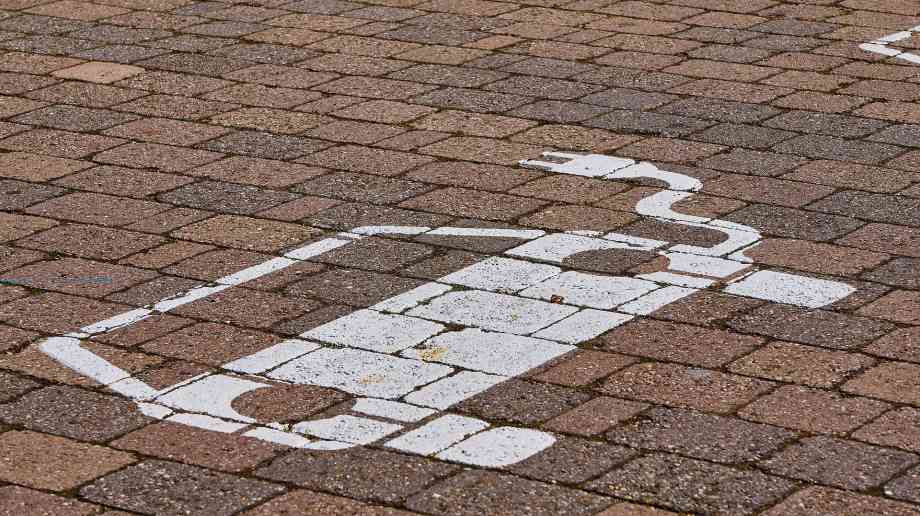Sue Robb of 4Children talks to Julie Laughton and Alison Britton from the Department for Education about the role of childminders in delivering the 30 hours free entitlement.
British Gas exposes EV charging postcode lottery

New research from British Gas has revealed a postcode lottery when it comes to electric vehicle charging costs in different parts of the country.
There are 21 councils across England and Wales, including Leeds, Bridgend and Woking, where it is completely free to charge your electric vehicle using council owned public chargers. These councils are leading the way by supporting the transition to electric vehicles in their areas, making charging more accessible to local drivers.
However, there are drivers in other areas who are charged up to £4.00 for every kilowatt hour. In councils where public charging is this expensive, the number of people switching to electric may start to fall behind other areas as the driving population moves from early to mass adoption.
The research shows that drivers in the South are being charged over a quarter (28 per cent) more than those in the North to top-up their electric cars using the cheapest council owned chargers. It costs drivers in the South (East Anglia, London, the South East and South West of England) 32p per kWh to recharge compared with just 25p per kWh for people in the North (Wales, the Midlands, the North East and North West of England and Yorkshire & The Humber), based on the average price of the cheapest council owned chargers in each area.
Although drivers in the South may have access to 1,468 more on-street charging points than their Northern counterparts, it seems they are having to pay more to use them.
Additionally, 42 per cent of drivers are put off switching as they are concerned about the time it takes to charge, so access to fast chargers needs to improve across the UK.
Lucy Simpson, head of EV Enablement at British Gas, said: “The latest figures released today demonstrate the need for all UK councils to play their part in supporting the transition to Electric Vehicles. Currently, we have 21 progressive councils that have decided to support local EV adoption, so we would expect a greater uptake of EVs to come through in these areas than in councils where it is expensive to charge. If charging doesn’t become more accessible in these areas, we could see a slower rate of adoption.
“Whilst the government does offer certain financial incentives at the point of purchase, charging costs are still a barrier to electric vehicle adoption. With 29 per cent of drivers citing expensive public charging as one of the main reasons holding them back, it’s unfair that those who don’t live in areas with either free or low cost charging are being discriminated against based on their address. If this continues, we risk leaving a huge number of drivers behind in the transition to electric cars.
“This especially affects those without a driveway or off-street parking, who are forced to pay over the odds to charge. While at the moment, we are advising drivers to stick with their current energy providers due to the cost of wholesale energy, in the medium term home charging systems, such as the Hive EV charging, and electric vehicle specific tariffs will be the most cost-effective and convenient way to charge. What’s more this is invariably the most green method of charging as it makes use of overnight renewable energy.”
Company Focus
Located in Bromley, Japanese Knotweed Eradication Ltd has been providing solutions in the treatment and removal of Japanese Knotweed (Fallopia Japonica) for over a decade. During this time we have mastered a repertoire of methods, from herbicidal treatments to landscaping solutions, tailored to address the unique challenges our clients face with this pervasive weed.
Event Diary
UKREiiF has quickly become a must-attend in the industry calendar for Government departments and local authorities.
The multi-award-winning UK Construction Week (UKCW), is the UK’s biggest trade event for the built environment that connects the whole supply chain to be the catalyst for growth and positive change in the industry.
Supplier Profiles
Geo Energy
At GeoEnergy Design, we're on a mission to disrupt the traditional way heating and cooling ha
Latest Features
Professor Harith Alani, director of the Knowledge Management Institute at the Open University explains how AI can be used for good and bad.
Alex Lawrence, head of health & social care, techUK sets out techUK’s Five Point Plan for CareTech.

















